Foxconn: Chip shortage will have 'limited impact' on Apple
The iPhone maker is set to face minimal disruption from the shortage that has crippled other parts of the tech industry

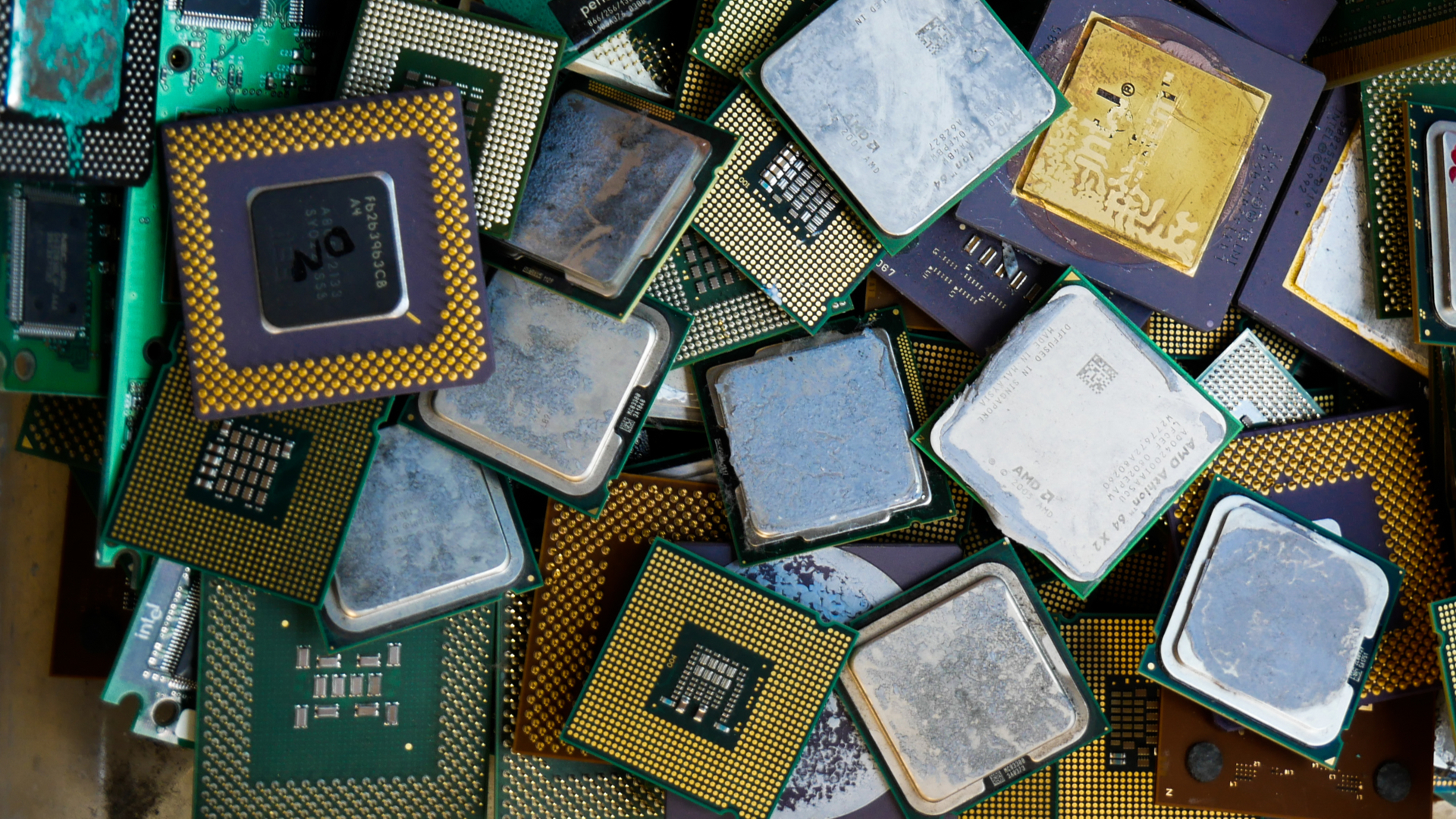
Apple will not be severely affected by the major chip shortage that has crippled the tech industry since the start of the COVID pandemic.
That's according to Foxconn chairman Liu Young-Way, who told reporters that the severe lack of semiconductors will have a “limited impact” on the company’s largest customer – Apple.
This is because Foxconn's major customers, which also includes Cisco, Dell, Huawei, and Microsoft, have “proper precautionary planning” in place, according to the company.
“Therefore, the impact on these large customers is there, but limited,” said Liu.
He added that Foxconn, formally known as Hon Hai Precision Industry Co Ltd, is expected to perform well in Q1 and Q2 of 2021, “especially as the pandemic is easing and demand is still being sustained”.
Liu's comments come months after Apple admitted that it was struggling to source chips that manage power consumption in a number of its devices, including the iPhone, due to an increase in demand for silicon as well as supply-chain issues related to the spread of coronavirus.
While Apple is set to remain largely unaffected going forward, the shortage of semiconductors had a severe impact on major tech giants’ financial performances in the last year. One of them was HPE, which in March 2020 reported an 8% decline in its year-on-year revenues, largely due to a continued shortage of Intel processors. This caused the company’s net revenues to fall from $7.5 billion for the first quarter of 2019 to $6.9 billion for the same period in 2020, much lower than analyst estimates.
Sign up today and you will receive a free copy of our Future Focus 2025 report - the leading guidance on AI, cybersecurity and other IT challenges as per 700+ senior executives
A year later, the shortage is still going strong, forcing Nvidia to turn to some of its older graphics cards in order to meet the rising demand for GPUs. The company is r-releasing its legacy GTX 1050 Ti chip, which was technically phased out two years ago, along with the GeForce RTX 2060, which was replaced earlier this year.
Other tech manufacturers have also reported difficulties: Sony reportedly said that the shortage will affect supplies of its new consoles, while Lenovo announced it would manage the supply crunch with its size and buying power.
The chip crisis has also been felt in the automotive industry, which has prompted the Biden administration to pledge that it is exploring ways to address the global semiconductor shortage.
Geoff Blaber, CEO at CCS Insight, told IT Pro that Foxconn’s statement reflects the fact that, for the most part, the smartphone industry has carefully managed its supply chain throughout the last 12 months.
"In contrast to an automotive sector which faced far more significant pressure due to demand contraction and a ‘just in time’ manufacturing process, the smartphone industry hasn’t made the same major adjustments to supply requirements which then need rectifying at short notice as demand recovers," he said.
Having only graduated from City University in 2019, Sabina has already demonstrated her abilities as a keen writer and effective journalist. Currently a content writer for Drapers, Sabina spent a number of years writing for ITPro, specialising in networking and telecommunications, as well as charting the efforts of technology companies to improve their inclusion and diversity strategies, a topic close to her heart.
Sabina has also held a number of editorial roles at Harper's Bazaar, Cube Collective, and HighClouds.
-
 Hackers are using LLMs to generate malicious JavaScript in real time
Hackers are using LLMs to generate malicious JavaScript in real timeNews Defenders advised to use runtime behavioral analysis to detect and block malicious activity at the point of execution, directly within the browser
-
 Developers in India are "catching up fast" on AI-generated coding
Developers in India are "catching up fast" on AI-generated codingNews Developers in the United States are leading the world in AI coding practices, at least for now
-
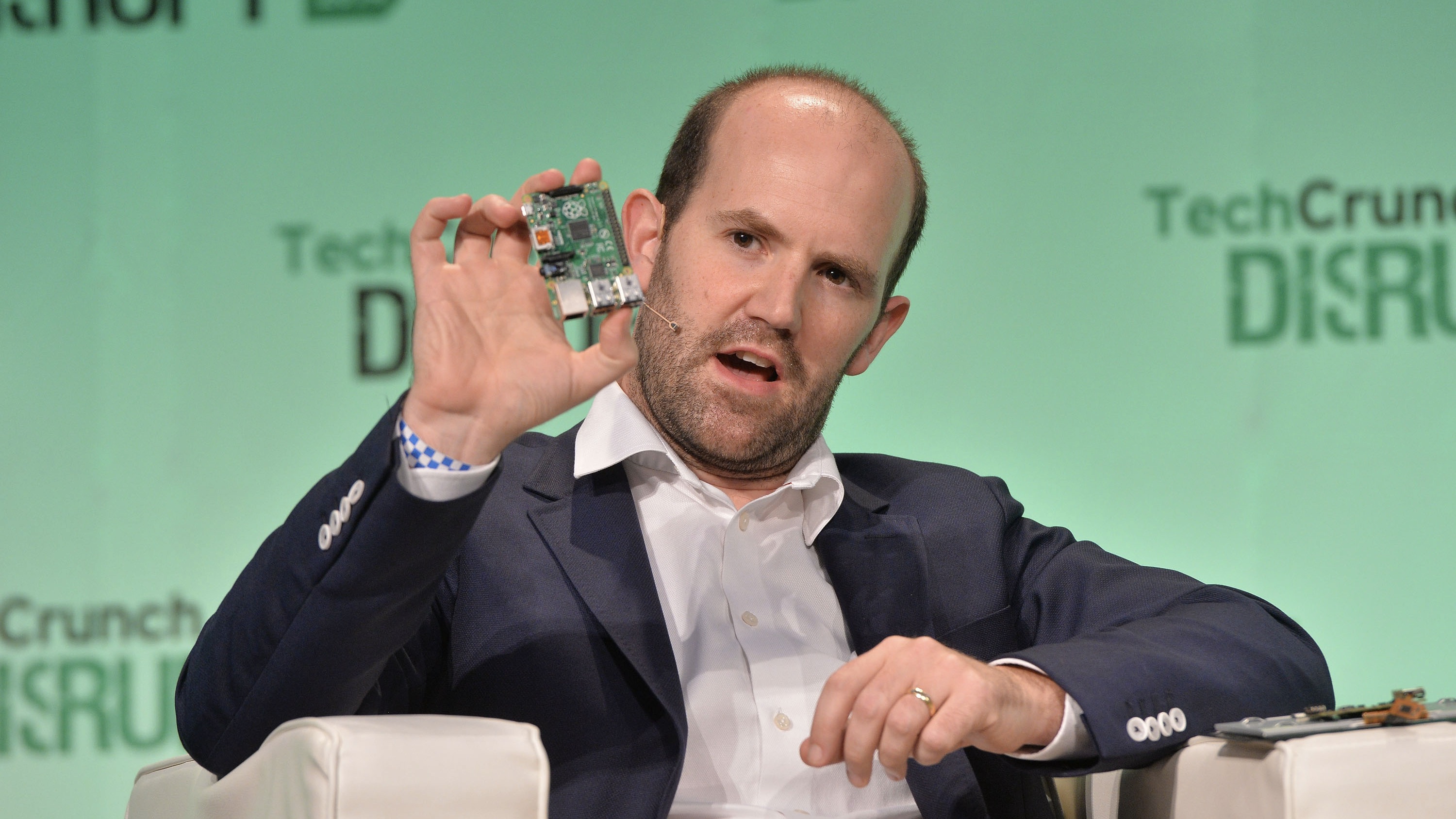 Raspberry Pi CEO Eben Upton on surviving the semiconductor crisis
Raspberry Pi CEO Eben Upton on surviving the semiconductor crisisCase Studies The Raspberry Pi chief reveals how the organisation overcame component shortages during the COVID-19 years
-
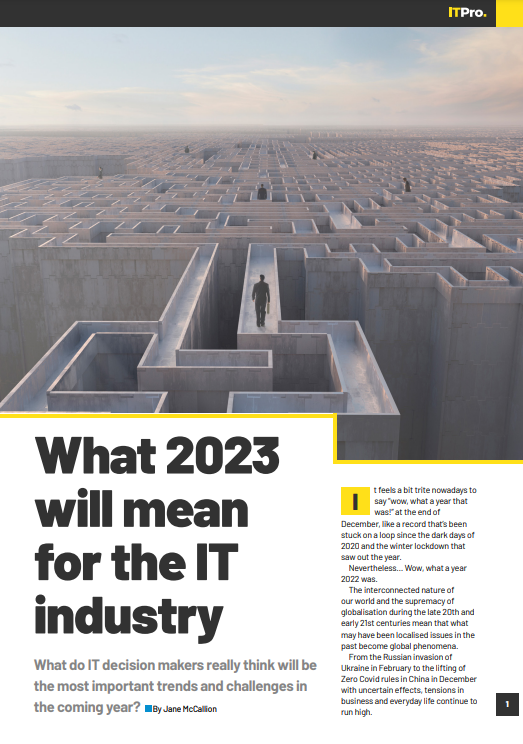 What 2023 will mean for the industry
What 2023 will mean for the industryWhitepaper What do most IT decision makers really think will be the important trends and challenges in the coming year?
-
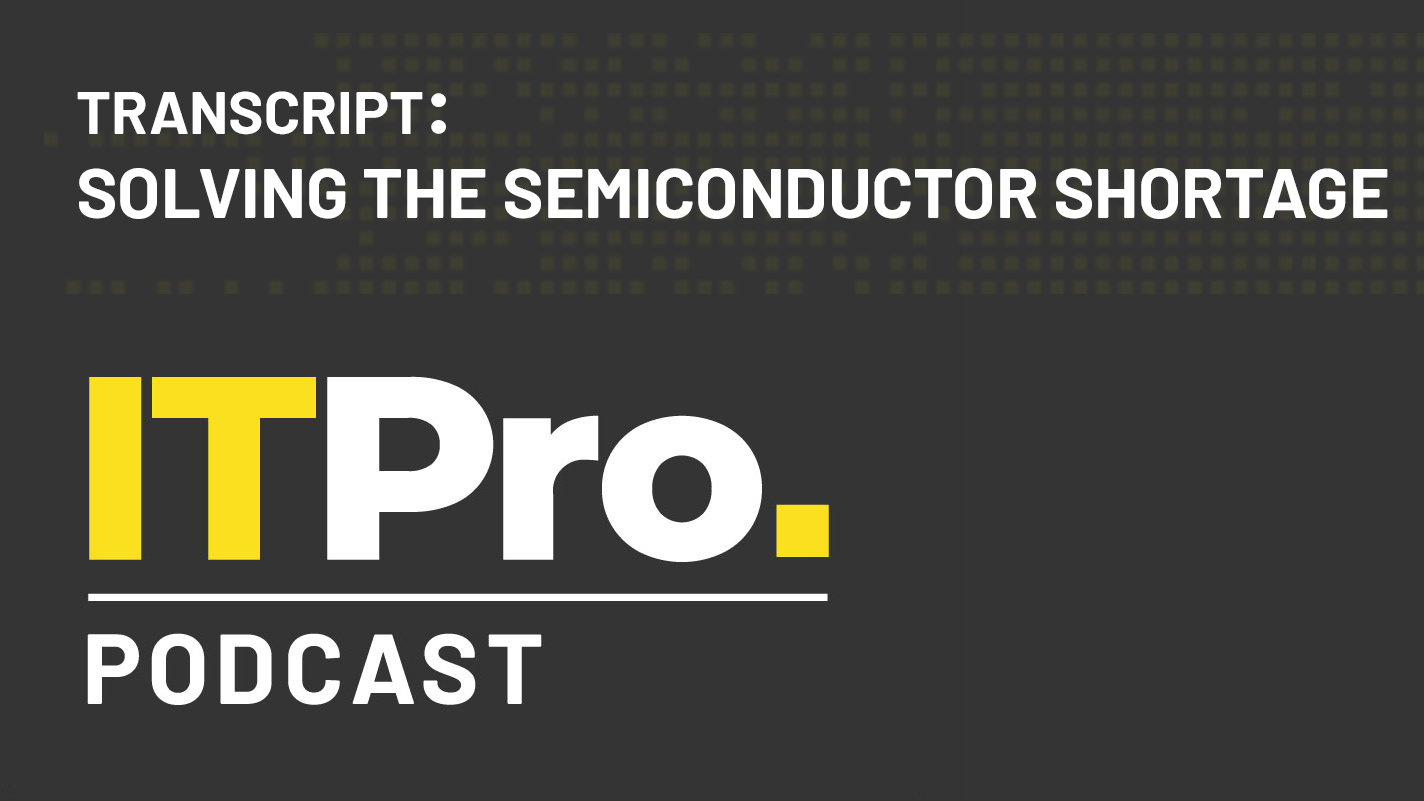 Podcast transcript: Solving the semiconductor shortage
Podcast transcript: Solving the semiconductor shortageIT Pro Podcast Read the full transcript for this episode of the IT Pro Podcast
-
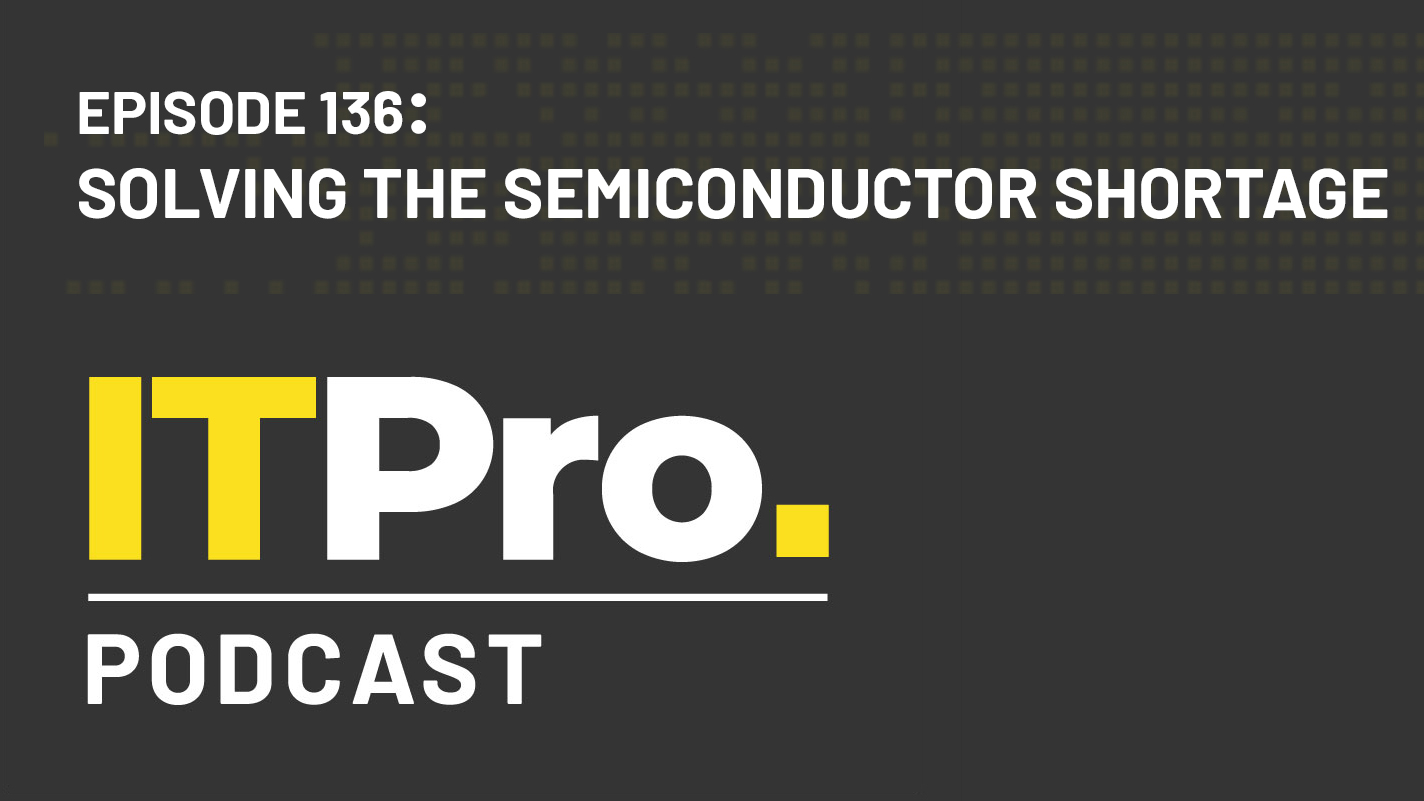 The IT Pro Podcast: Solving the semiconductor shortage
The IT Pro Podcast: Solving the semiconductor shortageIT Pro Podcast When the chips are down, supply chains may need a long time to ramp back up to full capacity
-
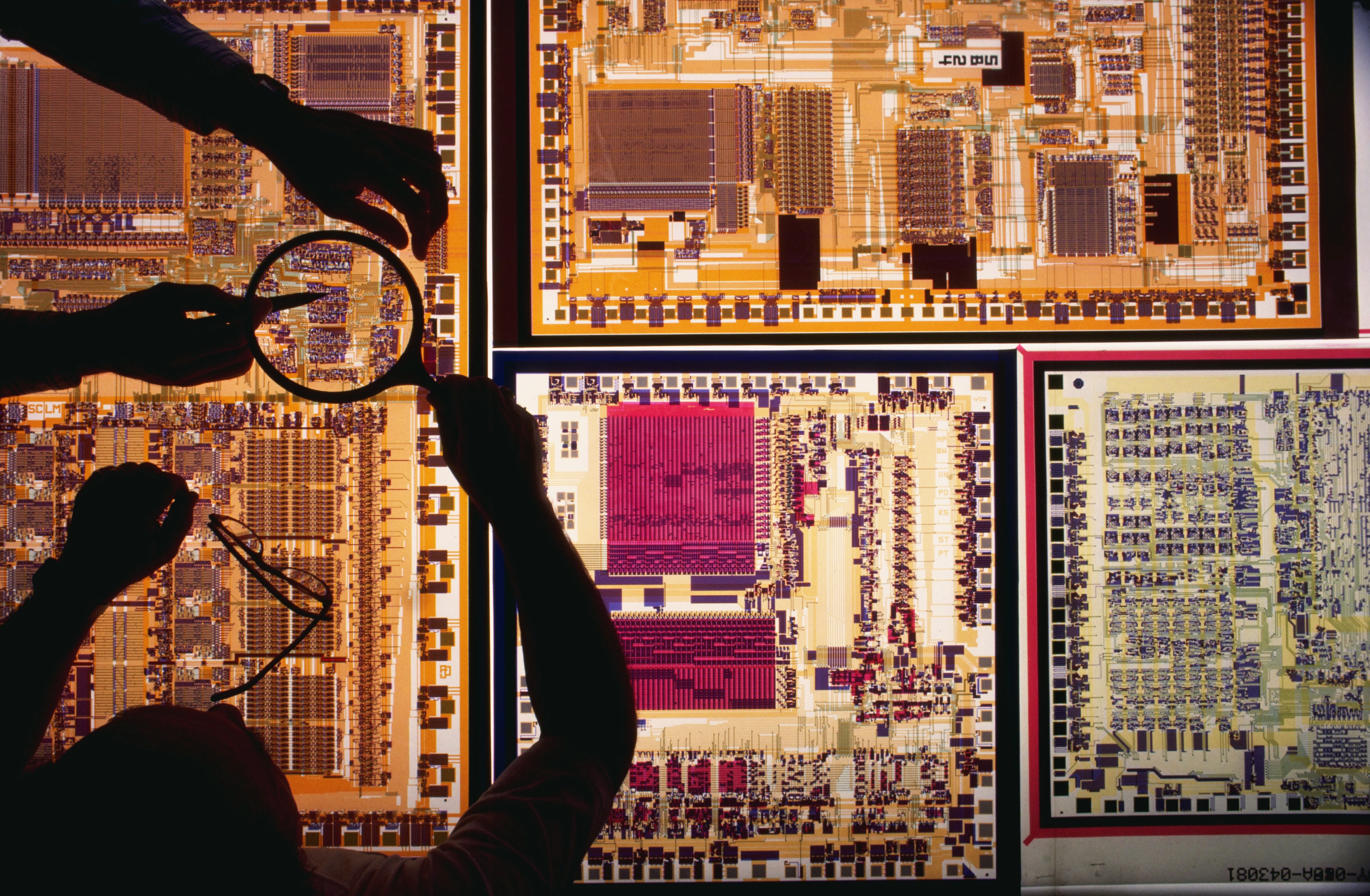 Short circuit: Will the chip shortage end this year?
Short circuit: Will the chip shortage end this year?In-depth With tech remaining in short supply, we explore whether the industry can get supply chains up and running any time soon
-
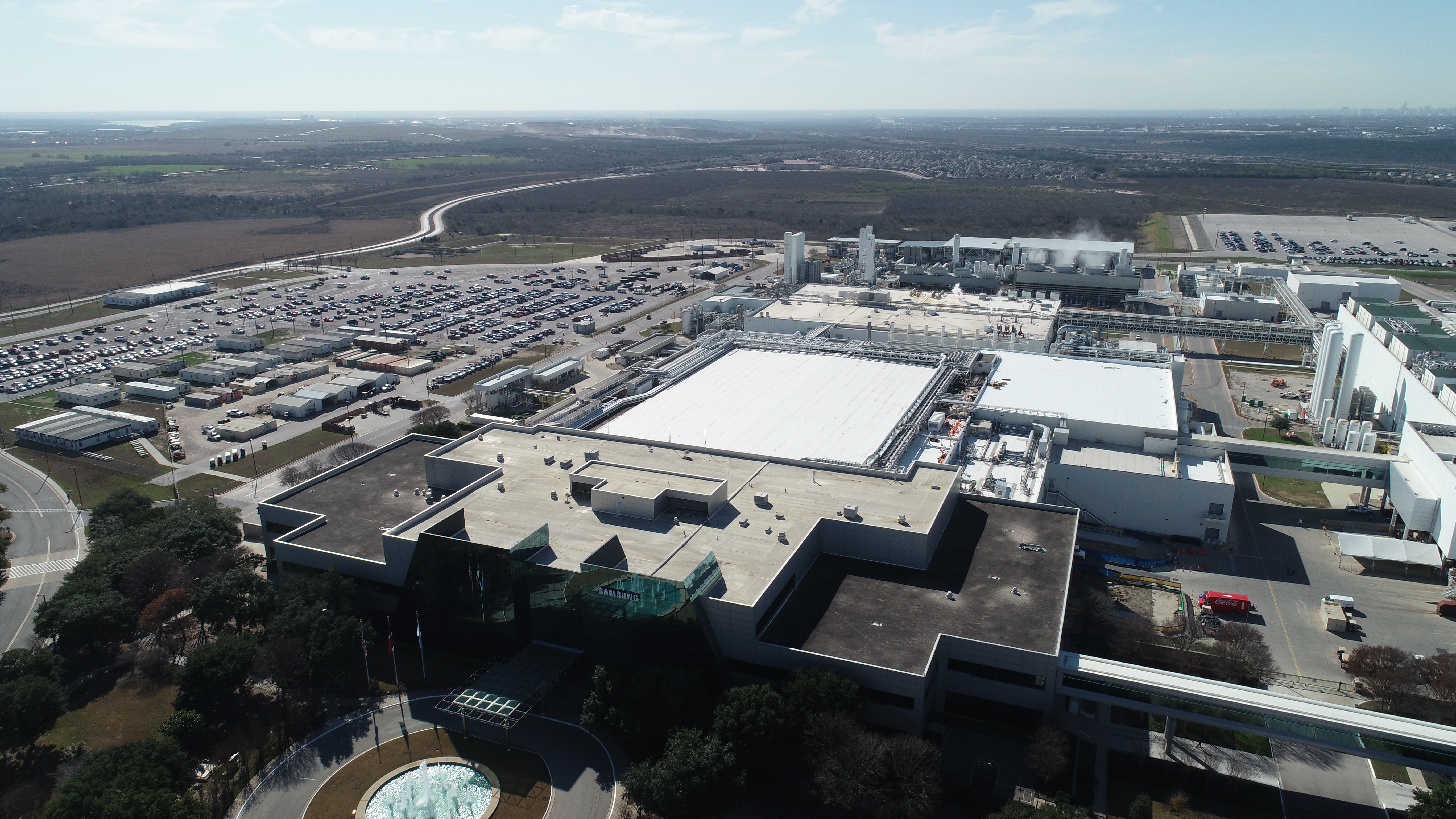 Samsung selects Texas for $17 billion semiconductor factory
Samsung selects Texas for $17 billion semiconductor factoryNews New plant to be built in Taylor, just 25km away from Samsung's existing site in Austin
-
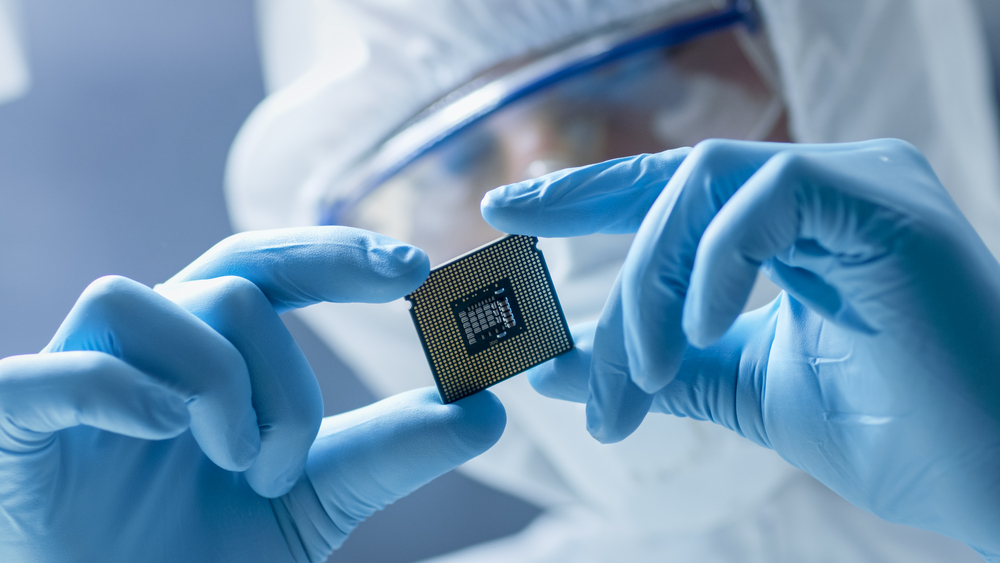 TSMC and Sony partner to build $7 billion chip plant in Japan
TSMC and Sony partner to build $7 billion chip plant in JapanNews The country is aiming to secure its chip supply chain as it imports over 60% of semiconductors from overseas
-
 GlobalFoundries invests $4 billion in Singapore semiconductor facility
GlobalFoundries invests $4 billion in Singapore semiconductor facilityNews The move comes as countries around the world are trying to attract chipmakers to set up plants in their territories amid a global chip shortage
